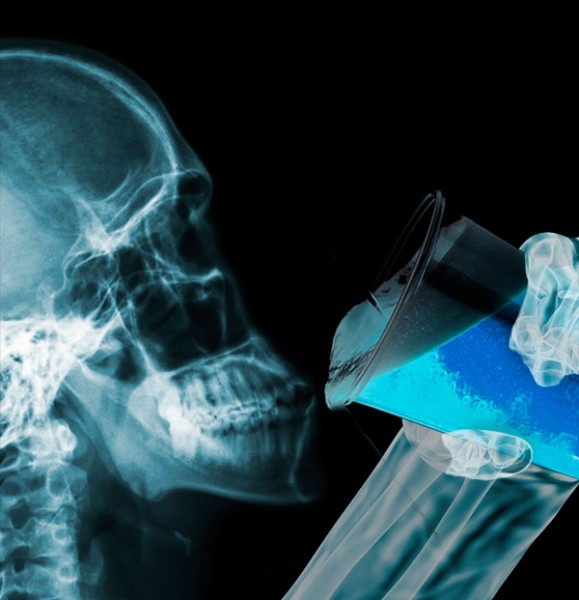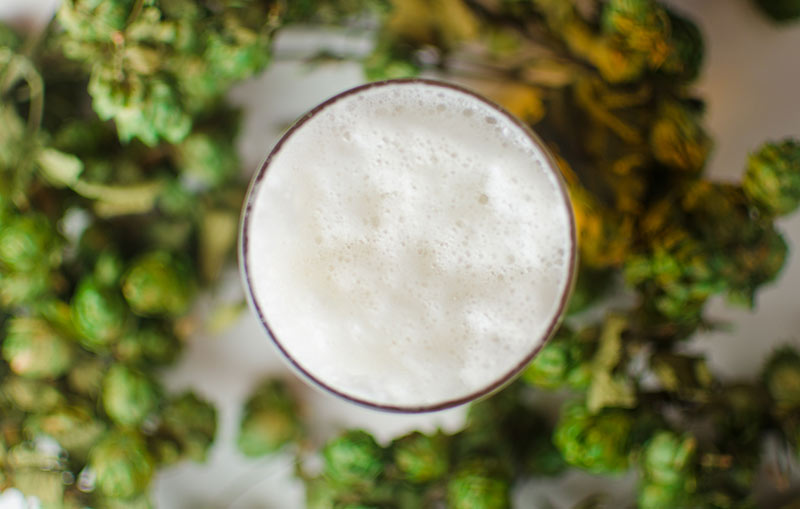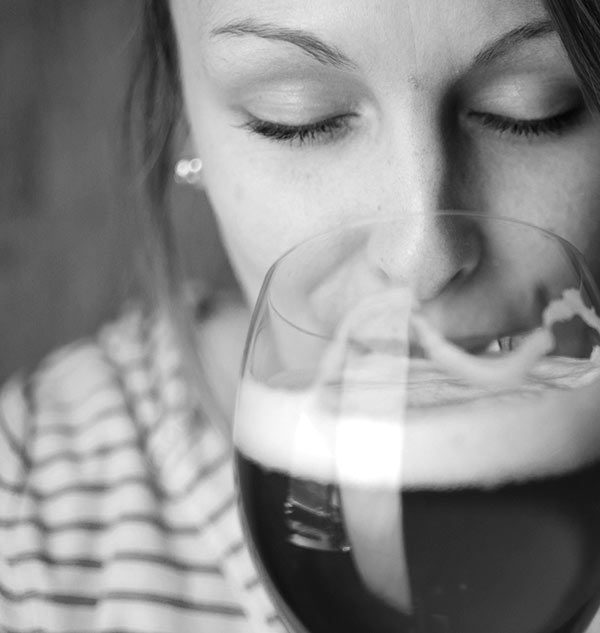
I’m always amazed that craft beer generates such polarizing opinions. No matter how many excited beer fans I meet, there are always a few people that love to tell me how much they hate beer, or a specific style of beer.
Now, I’m not a fan of crinkle-cut carrots, but I don’t hate them. It’s just a preference; not an all-out hatred. I can understand if you prefer other beverages more than beer, or prefer certain beer styles over others, but to generalize and say that you just don’t like it? I think that’s very limiting.
After all, beer is a very personal, multi-faceted experience that is dependent on many variables. I continue to learn that beer has as much to do with environmental conditioning as it does with your innate human makeup.
Believe it or not, humans are not born with an inclination for hand-crafted, hoppy India pale ales, and some have never developed a taste for bitter-forward beers. If you’re one of those people, I bet you’ve gotten some grief at some point from your “hop-head” friends. Don’t worry, you’re not an inhuman monster (probably—I don’t know you), and here’s why: distaste for hops is part of our human genetic heritage.
It’s Science, You Guys
During a recent taste seminar at the Great American Beer Festival, Dr. Nicole Garneau, a geneticist at the Denver Museum of Nature & Science, explained that human taste is a sophisticated sensor that is pre-wired to keep us safe and alive.
To illustrate this, imagine early hunter-gathers. Early humans were driven by the most primal and basic instinct to survive. Picture one of our ancient ancestors (I’m calling him Fred) wandering the wilderness, trying not to get eaten by whatever predators were around at that time, and searching for things that he could eat to survive.
Fred comes across two berry bushes that he’s never seen before. He tastes a berry from one bush, and it’s sweet: He swallows happily. Then he tastes a berry from the second bush, and it’s very bitter: His instinct is to immediately spit it out. Fred gathers up the sweet berries—as hunter-gatherers were known to do when they weren’t hunting—gets a job at a rock quarry, raises a family and the rest is totally made-up history.
So why was Fred immediately drawn to choose the sweet berries, having never tasted either before? The answer is in his genes. Scientists like Garneau believe that the sense of taste is hardwired into the brain to recognize whether something you ingest is going to help you or hurt you.
A sweet taste is recognized by the brain as good, because sugar represents calories and calories are needed to sustain energy and outrun sabre-toothed tigers. The taste of bitterness is an immediate red flag to the brain that warns you something may be poisonous and should be rejected–just in case.
Other tastes provide similar alerts in the brain. For instance, salt is needed by the body (salty = good), while a sour taste might mean that the food is spoiled (sour = bad). A baby’s “yuck” face when she tastes bitter vegetables is her brain’s natural, instinctual reaction and is meant to protect her from ingesting anything harmful (also it’s hilarious and adorable).

Outside Influences Shape Taste
So there you have it, IPA-haters: It’s not your fault. Dr. Garneau said that humans were never supposed to like bitter beer in the first place, and we can’t do anything about our genes, right?
Not so fast!
If humans are naturally averse to bitter tastes, why are coffee, tea and Brussels sprouts so popular? And why are so many people crazy about hops in craft beer?
 The answer Garneau revealed is that the environment is to blame. Outside influences can teach your brain to override its genetic predilection and aversions. In her own example, Garneau asked the audience what I’ll ask you now: Have you ever had a bad experience with food, like getting sick from oysters? Chances are it was a while before you went back to slurping down the briny bivalves, if you’re not still avoiding them to this day. Did your genes change? Nope—you can’t change your genes—but you are now ‘conditioned’ to avoid oysters.
The answer Garneau revealed is that the environment is to blame. Outside influences can teach your brain to override its genetic predilection and aversions. In her own example, Garneau asked the audience what I’ll ask you now: Have you ever had a bad experience with food, like getting sick from oysters? Chances are it was a while before you went back to slurping down the briny bivalves, if you’re not still avoiding them to this day. Did your genes change? Nope—you can’t change your genes—but you are now ‘conditioned’ to avoid oysters.Conditioning allows your brain to work around your genes, like when you were a kid and thought coffee was gross. Like most of us, you probably learned to love a cup of joe as you had more exposure to it, and you realized it had the positive effect of helping you stay alert and awake.
That, Garneau said, is how we learn to like bitter beer. Exposure to foods you don’t like will show your brain that bitter foods aren’t going to kill you. It can take up to 20 instances of exposure to something until your brain re-conditions itself to recognize that something which once was potentially adverse is now welcome.
So does this mean you can force-feed someone who doesn’t like beer in general, or hoppy beer specifically, 20 hop-heavy beers and expect them to be conditioned to enjoy an IPA with you? Fat chance!
No one likes to be told what they “should” like. As hoppy beer fans, we need to respect our friends’ tastes. We like hoppy beers because we gave them a try, and then another and another, despite what our genes were telling us. We hop-heads are the ones technically going against human nature.
The moral of the story is that you can change a negative to a positive with positive conditioning. We can all benefit from giving something a try or two (or 20) before we decide to love it or hate it.
No comments:
Post a Comment